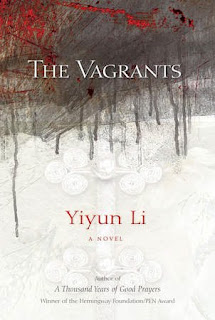Another Appalling Cost--Pulped Books
The numbers of pulped books are for Great Britain alone --77 million--a great many of them "literary fiction." If someone begins to actually look at these numbers it may eventually dawn that literary fiction just isn't a lucrative proposition in the old tree-pulping world of publishing. But, if we could consider, if only for a moment, Bookify , we might find ourselves in a position to continue to support the best writing today while also better serving the economy, the environment, and in many cases the reader. I love books. I love the feel, the smell, the tactile sensation, the heft, everything about them; but it has long since become time to consider viable alternatives that treat our resources and our economies more gently. That booksellers fail to recognize this, is simply the blind panic of those who have not yet figured out how to make the business models work. This will happen, and the publishers that make it happen are the ones who will succeed in...

